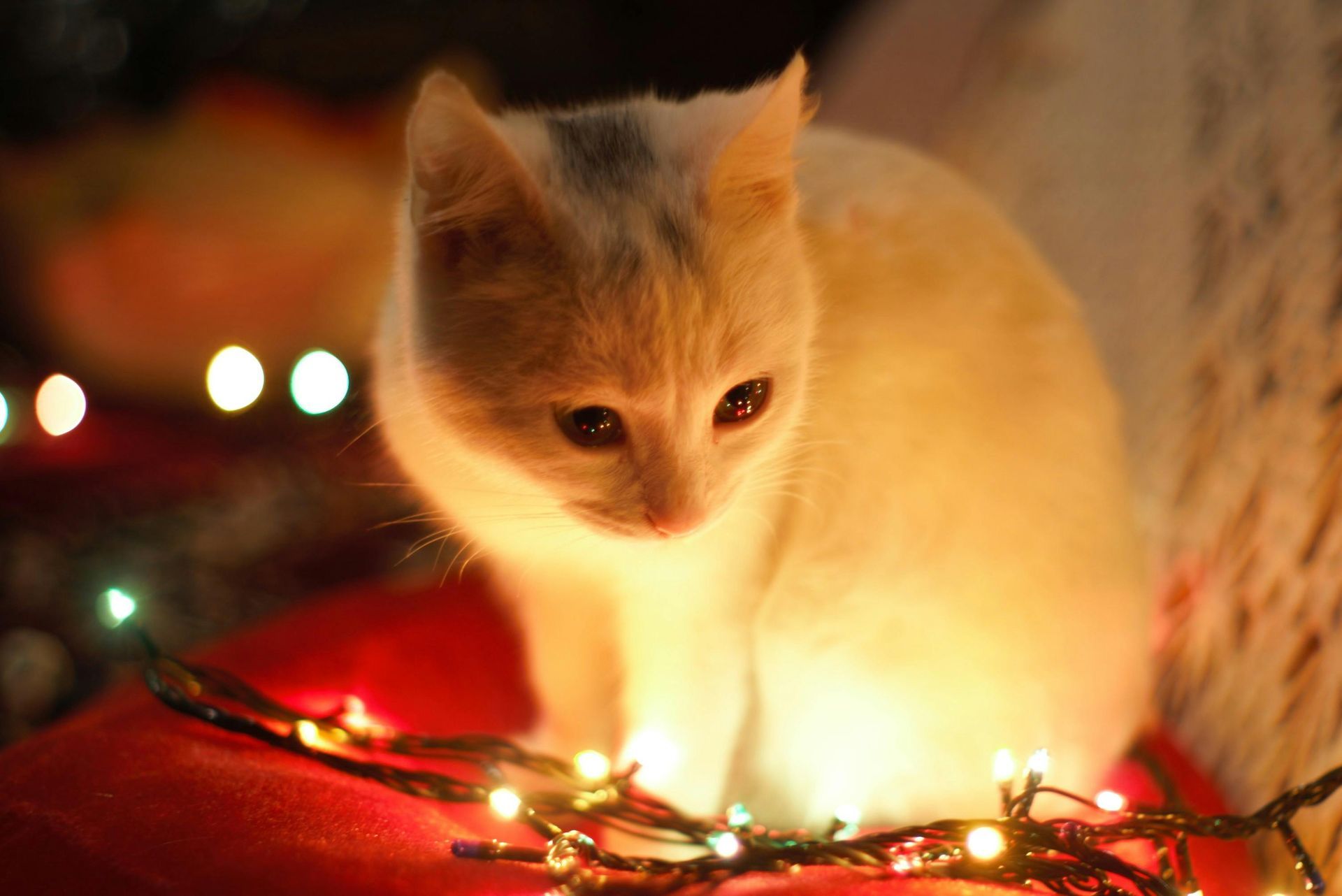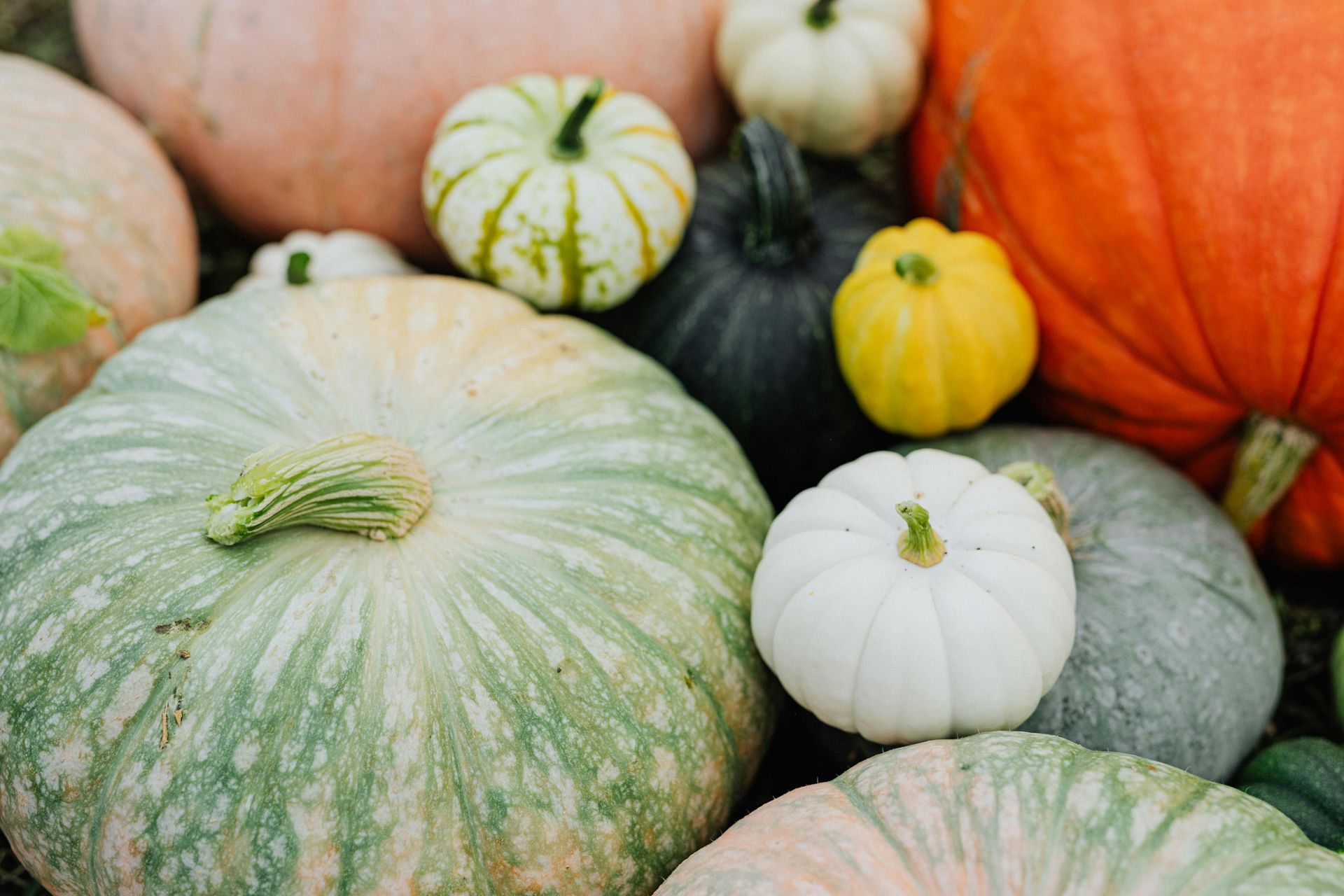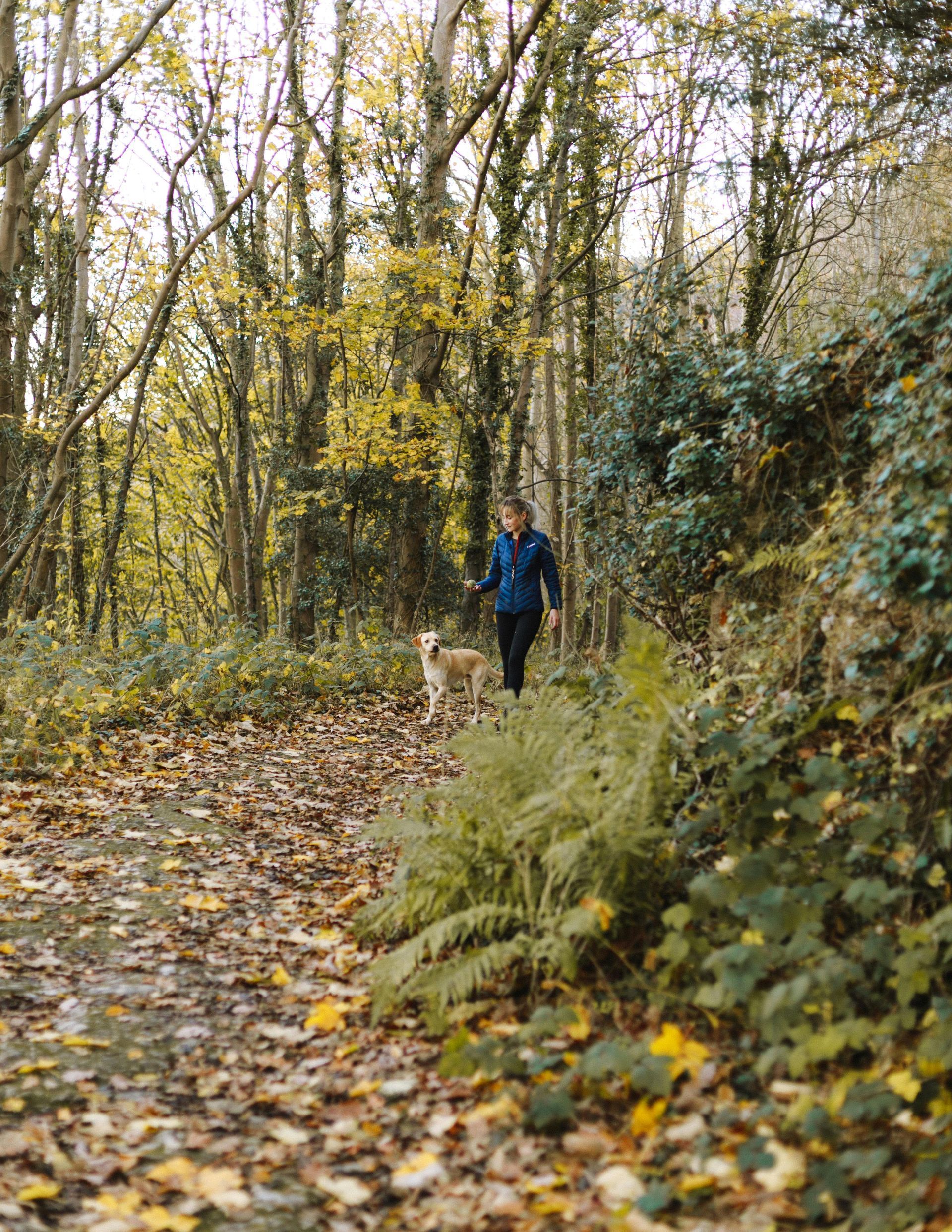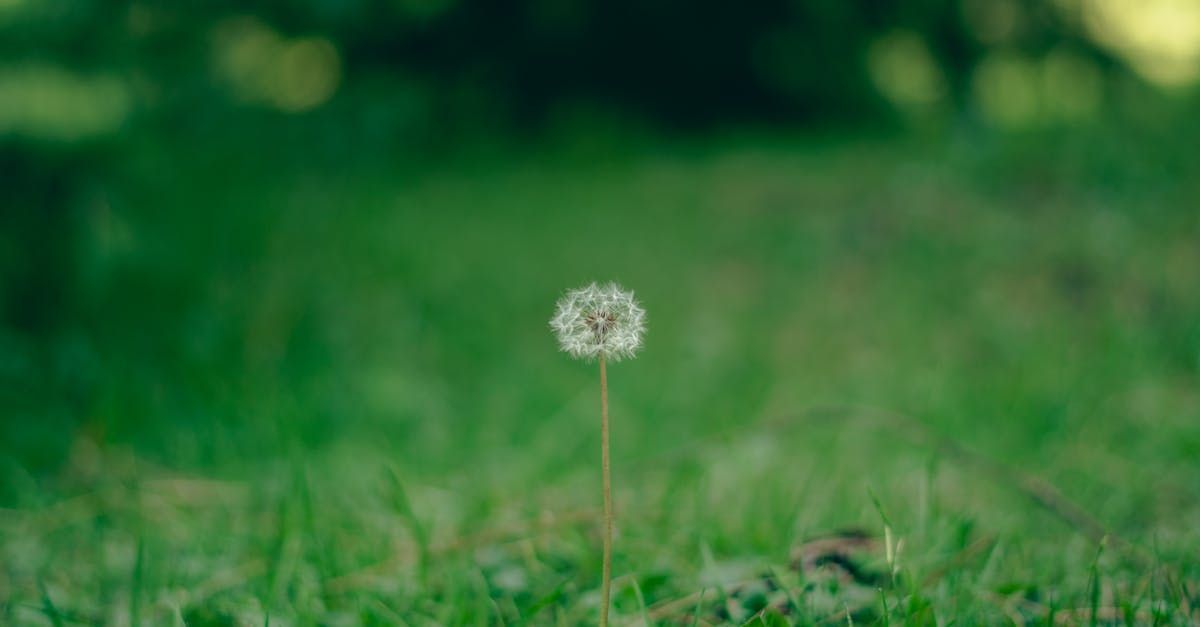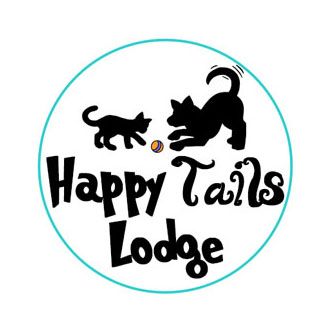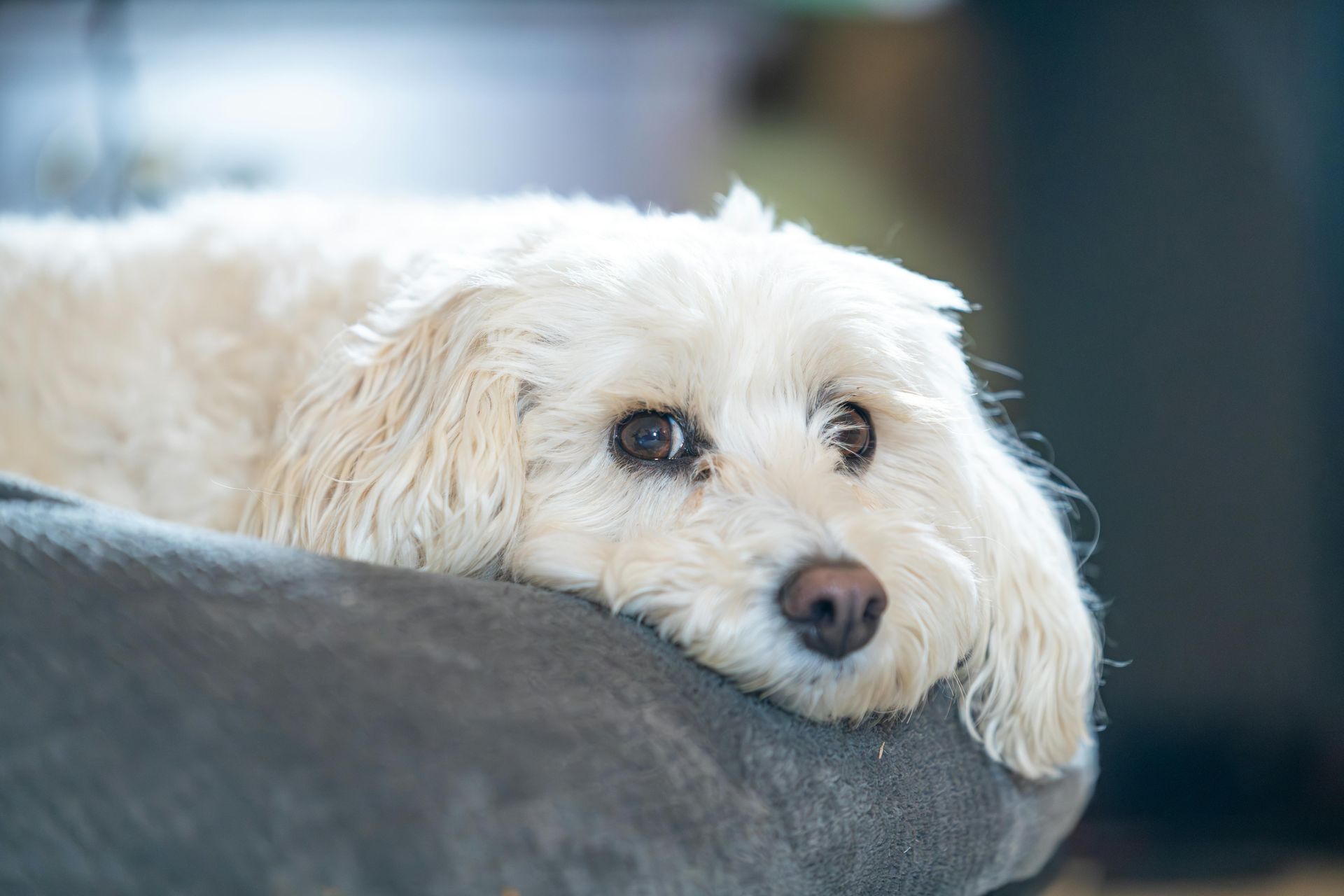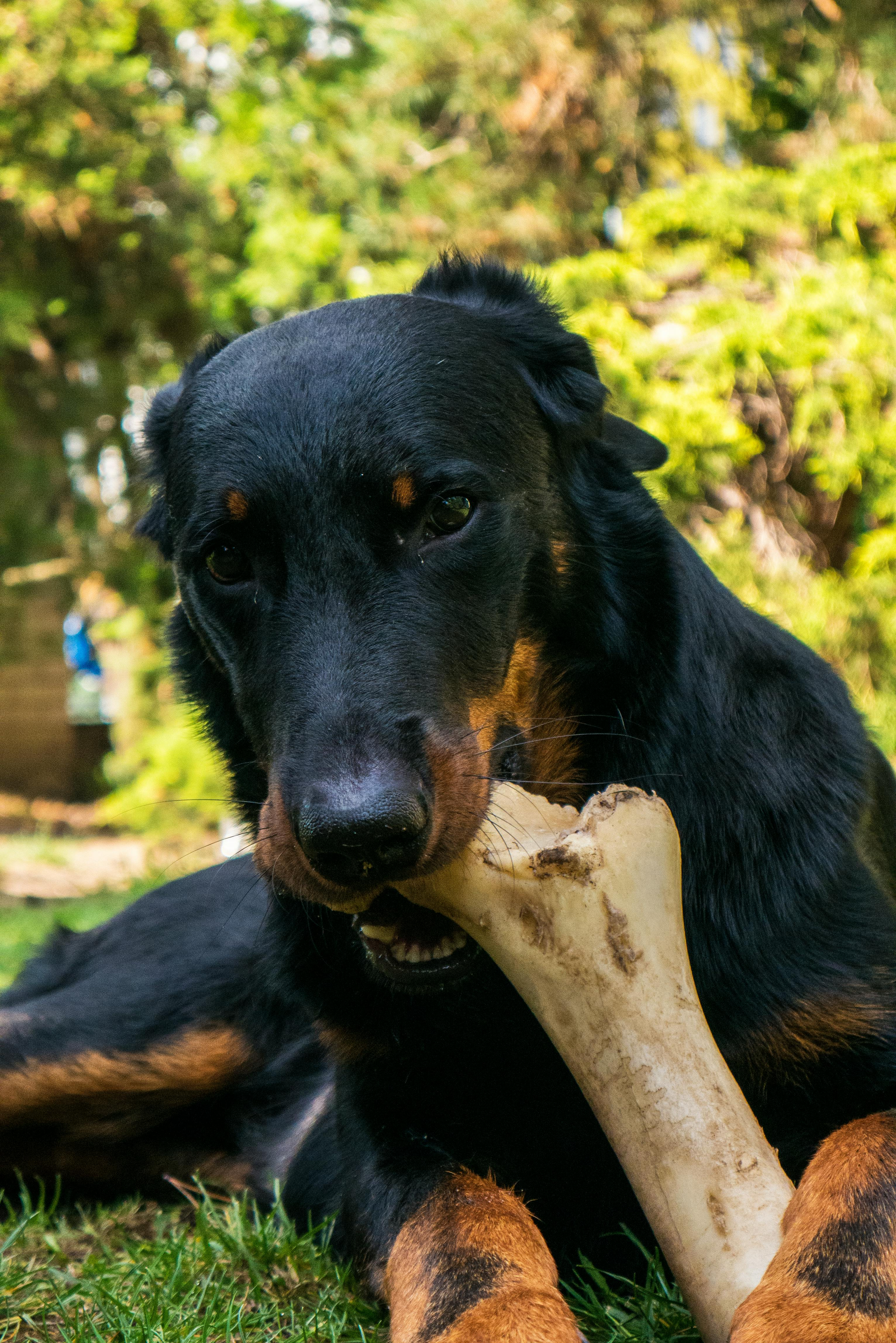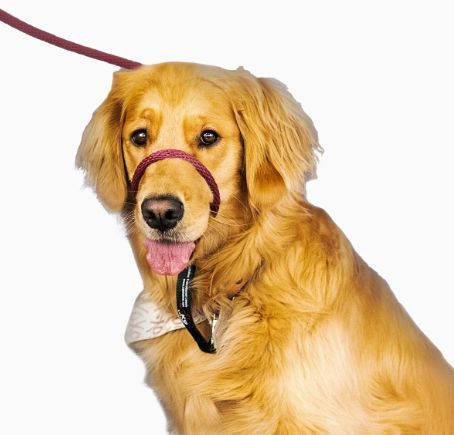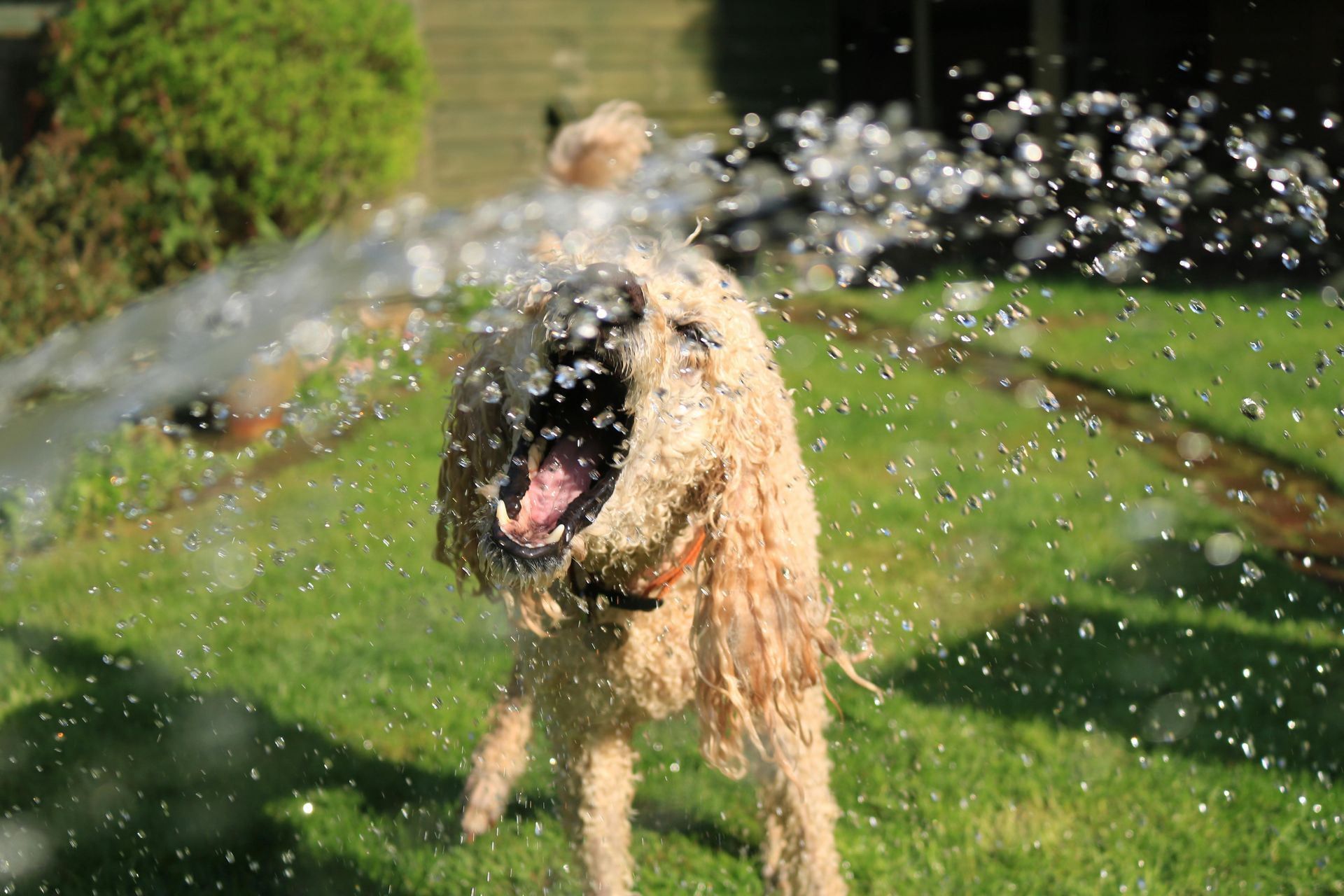Christmas Dangers Facing Pets
Dangers Posed to Pets at Christmas Time
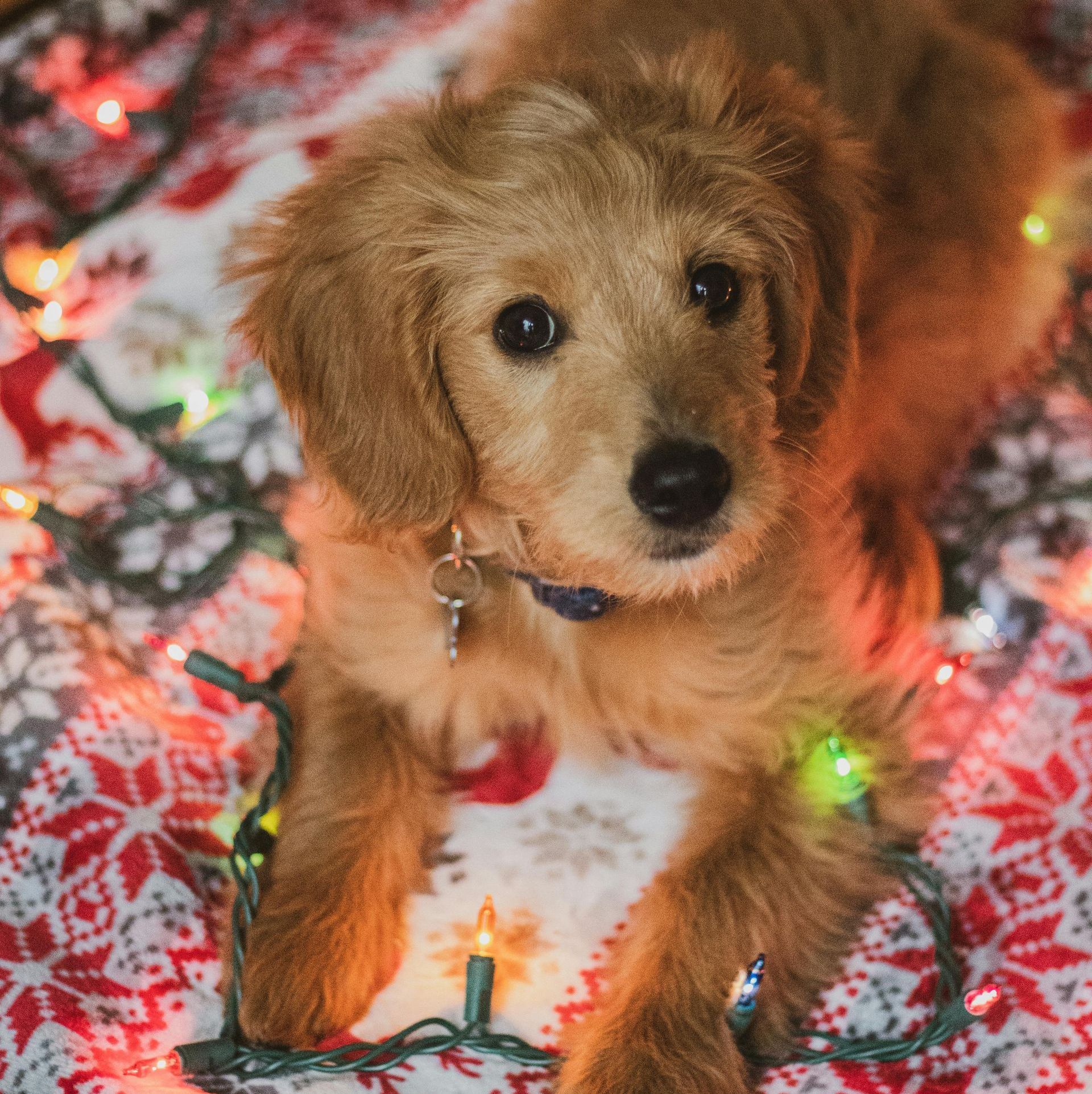
Christmas is a time for joy and celebration, but it can also be a dangerous time for pets. With all the festive decorations, delicious treats, and exciting activities, it's easy for pets to get into trouble. Here are some of the dangers posed to pets at Christmas time:
Christmas Tree Decorations
- Lights: Pets may be attracted to the lights on the Christmas tree and chew on them. This can cause serious injuries, including burns and electrocution.
- Ornaments: Pets may also be tempted to play with or eat Christmas ornaments. Some ornaments are made of glass or other breakable materials, which can cut or injure pets. Others may contain toxic substances that can be harmful if ingested.
- Tinsel: Tinsel can be a choking hazard for pets. If ingested, it can also cause intestinal blockages.
Christmas Food and Treats
- Chocolate: Chocolate is toxic to dogs and can cause vomiting, diarrhea, seizures, and even death.
- Candy: Many candies, such as candy canes and gumdrops, contain artificial sweeteners like xylitol, which is toxic to dogs.
- Fatty Foods: Fatty foods, such as ham and turkey, can cause pancreatitis in dogs.
- Bones: Cooked bones can splinter and cause internal injuries.
Christmas Plants
- Poinsettia: While poinsettias are not as toxic as once thought, they can still cause vomiting and diarrhea if ingested.
- Holly: Holly berries are toxic to dogs and can cause vomiting, diarrhea, and seizures.
- Mistletoe: Mistletoe is toxic to dogs, cats, and horses. It can cause vomiting, diarrhea, and even death.
Other Christmas Hazards
- Wrapping Paper and Ribbons: Pets may be tempted to chew on wrapping paper and ribbons. These can be choking hazards or cause intestinal blockages.
- Candles: Candles can burn pets and start fires.
- Fireplace: Pets may be drawn to the warmth of the fireplace and burn themselves.
How to Keep Your Pet Safe at Christmas
- Keep decorations out of reach.
- Use pet-safe Christmas tree ornaments.
- Keep chocolate, candy, and other treats out of reach.
- Don't let your pet eat fatty foods.
- Keep plants out of reach.
- Never leave your pet unattended with a lit candle.
- Keep your pet away from the fireplace.
- Supervise your pet around wrapping paper and ribbons.
By following these tips, you can help keep your pet safe and healthy this Christmas season.
Additional Tips
- Make sure your pet has a microchip.
- Have your pet wear a collar with ID tags.
- Keep your pet's vaccinations up to date.
- Have a plan in place in case your pet gets lost.
Enjoy the holidays with your furry friend!
Please note: This blog post is for informational purposes only and is not a substitute for professional veterinary advice. If you have any concerns about your pet's health, please contact your veterinarian.
